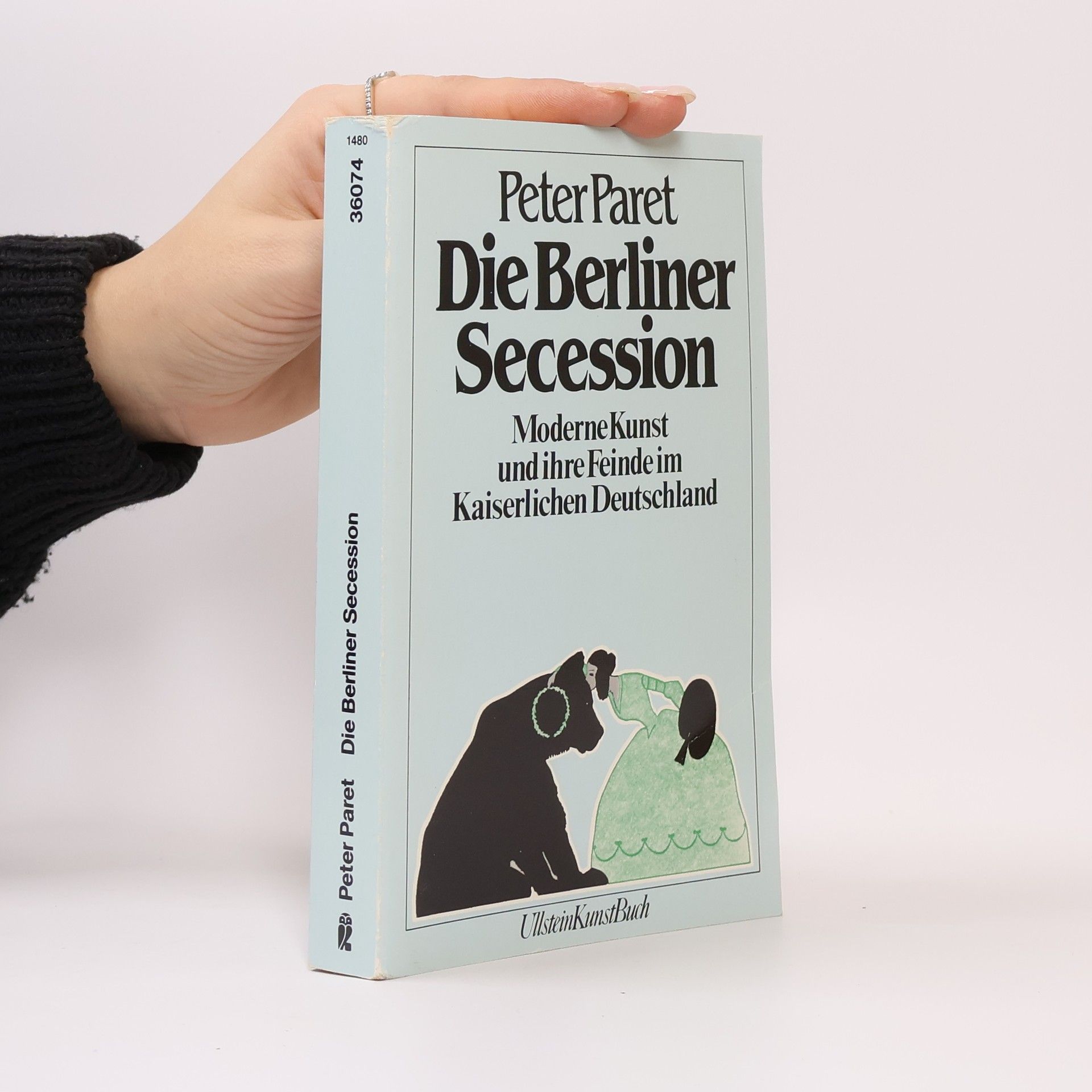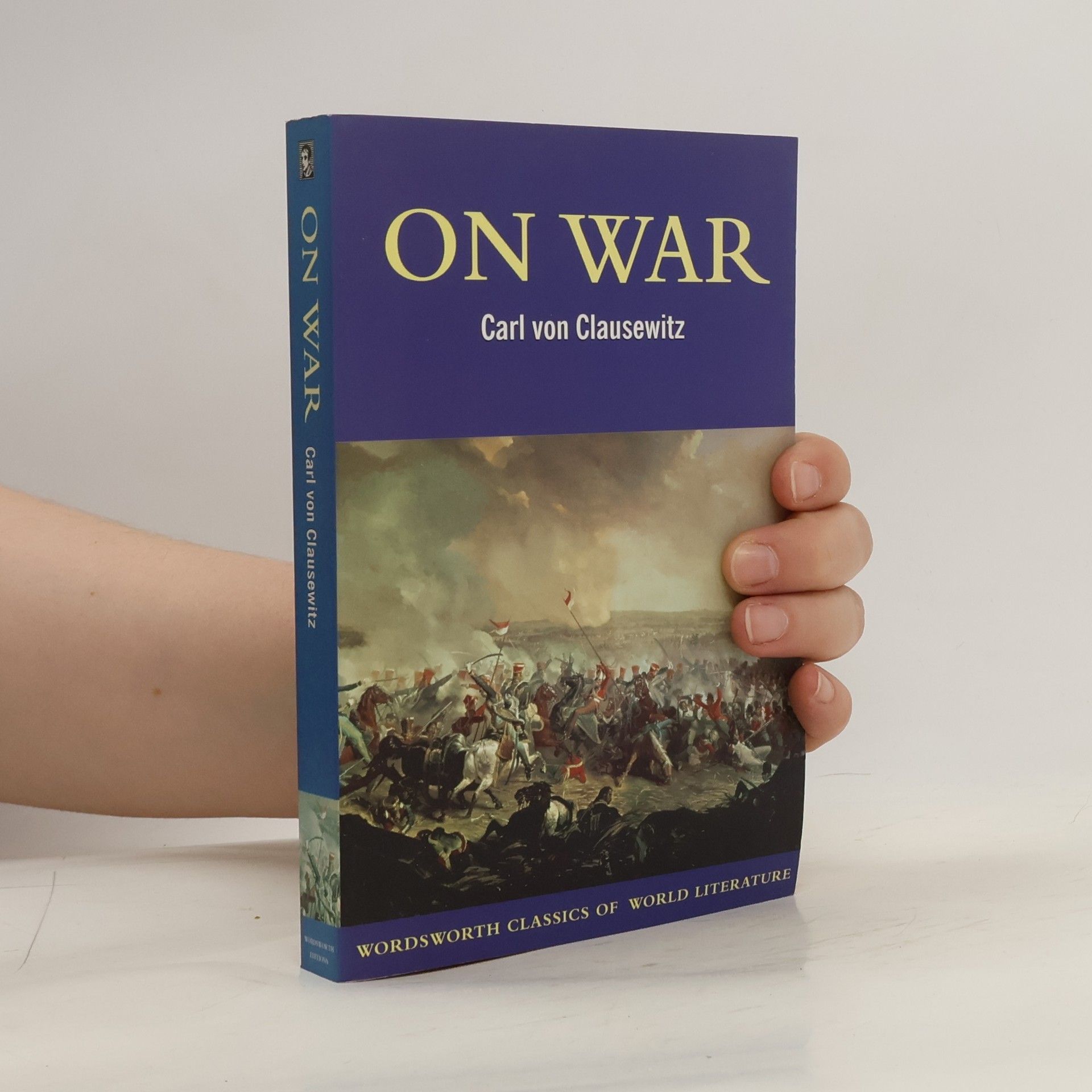On War
- 400bladzijden
- 14 uur lezen
In both a philosophical and a practical work, Clausewitz defines the essential nature of war, debates the qualities of a great commander, assesses the relative strengths of defensive and offensive war, and - in highly controversial passages - considers the relationship between war and politics.



